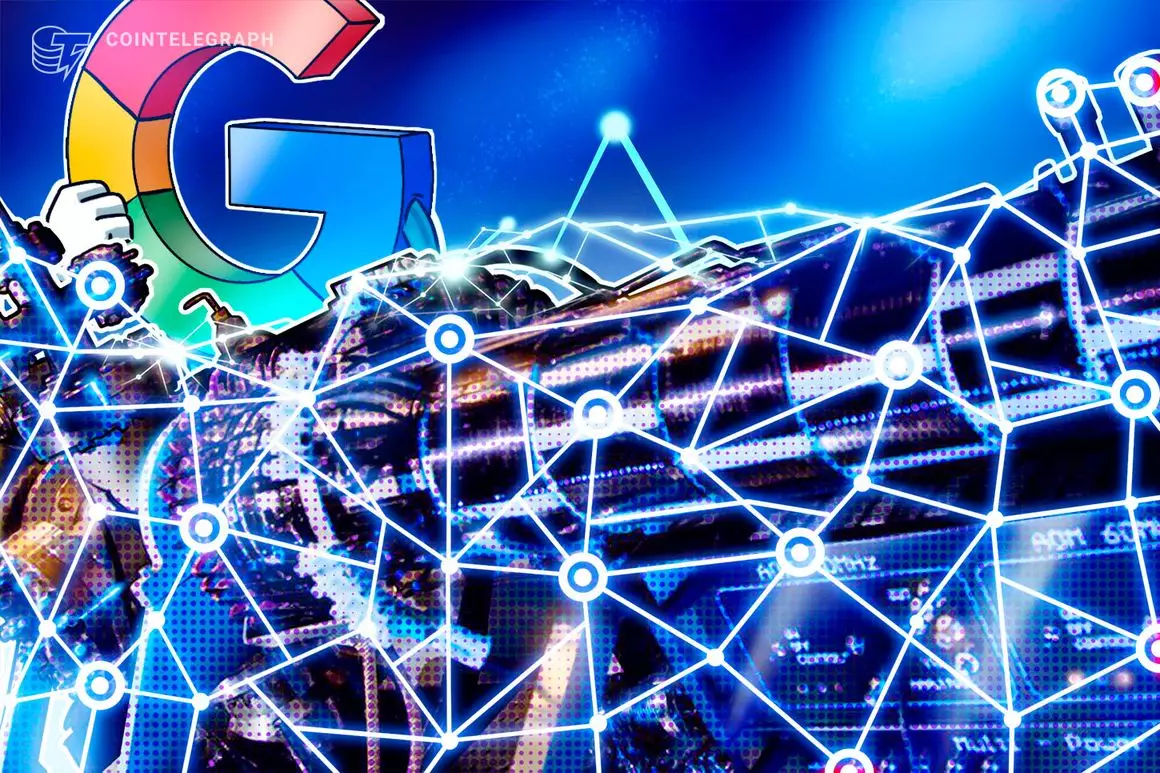Google Cloud’s BigQuery service has recently announced the addition of 11 new blockchain networks to its data warehouse. This move signifies Google’s continued interest in blockchain technology and its commitment to expanding its blockchain coverage. This article will delve into the details of BigQuery’s latest expansion and the implications it has for enterprise firms and blockchain enthusiasts alike.
Among the 11 new blockchain networks added to BigQuery’s data warehouse are Avalanche, Arbitrum, Cronos, Ethereum’s Görli testnet, Fantom, Near, Optimism, Polkadot, Polygon’s mainnet, Polygon’s Mumbai testnet, and Tron. The inclusion of these networks highlights Google’s recognition of their growing importance and popularity within the blockchain ecosystem. By integrating these networks, BigQuery offers enterprise firms the opportunity to store and query their data in a secure and efficient manner.
Enhancing Blockchain Queries
In addition to expanding its blockchain coverage, Google has implemented a new feature in BigQuery aimed at simplifying blockchain queries. Through the introduction of user-defined functions, the platform now provides methods to handle long-form decimal results commonly encountered in blockchains. By addressing this issue, Google aims to enhance the accuracy and precision of blockchain data analysis, reducing rounding errors in computational processes. This improvement will undoubtedly benefit businesses utilizing BigQuery for blockchain-related operations.
BigQuery offers not only the capability to store and query enterprise data but also provides access to various public data sets. These include Google Trends, American Community Service demographic information, and Google Analytics, among others. By amalgamating multiple data sources, BigQuery empowers businesses to gain comprehensive insights and make informed decisions based on a broader scope of information. The addition of blockchain data from a total of 19 networks further enriches the range of data sets available on BigQuery.
Google Cloud has been expressing an increasing interest in blockchain technology in recent years. In 2018, it added a Bitcoin data set to its service, followed by the integration of Ethereum later that year. In February 2019, Google expanded its blockchain coverage further by adding Bitcoin Cash, Dash, Dogecoin, Ethereum Classic, Litecoin, and Zcash. This continuous expansion signifies Google’s recognition of the transformative potential of blockchain technology and its commitment to providing robust infrastructure for blockchain-based applications.
In addition to expanding its services, Google Cloud has actively sought collaborations with blockchain-focused companies. Notably, it partnered with Voltage, a Lightning Network infrastructure provider, in July 2023. This collaboration aimed to leverage Voltage’s expertise to enhance Google Cloud’s blockchain offerings. Furthermore, Google Cloud partnered with Web3 startup Orderly Network in September 2023, with a focus on providing off-chain components for decentralized finance. These collaborations demonstrate Google’s commitment to fostering innovation and driving the adoption of blockchain technology.
Google Cloud’s BigQuery service has taken a significant step forward in the integration of blockchain technology by adding 11 new blockchain networks to its data warehouse. This expansion not only showcases Google’s dedication to the blockchain space but also offers enterprise firms enhanced opportunities for secure data storage and analysis. By addressing the challenges of blockchain queries and collaborating with industry players, Google Cloud is positioning itself as a leading provider of blockchain infrastructure. The continued growth and development of BigQuery’s blockchain coverage undoubtedly make it a key player in the ever-expanding blockchain ecosystem.

